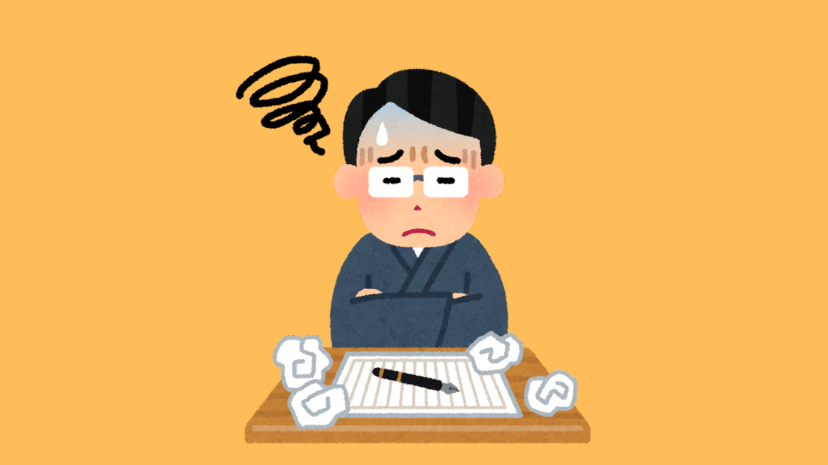Let’s stop for a moment and ask ourselves a question: How many conflicts are happening right now? How many countries are in crisis right now?
We all know what is happening in Ukraine and Palestine. Eastern Europe is experiencing one of the biggest wars of the century thus far, an extension of a conflict that began in 2014.
Meanwhile, the Middle East is experiencing an escalation of violence between Palestine and Israel.
But there are many more conflicts in the world.
The political crisis in Venezuela has led to a severe repression by dictator President Nicolás Maduro.
In Colombia, many illegal groups are killing hundreds of social leaders per year, according to Reuters.
Nicaragua and Cuba are experiencing repressive dictatorships. Ecuador and Peru are experiencing armed violence, also known by the population as the war against gangs, due to the army being mobilized against organized criminal groups.
Additionally, since the war in Ukraine began, civil wars – including insurgency wars – have started, or continued, in Syria, Yemen, Libya, Somalia, Myanmar, Sudan, South Sudan, Colombia, Peru, Central African Republic, Ethiopia and Mali, according to World Population Review
All these countries are going through a similar – or worse – situation compared to what is happening in Gaza.
There are also countries at war with each other, such as the wars between Tajikistan and Kyrgyzstan, Morocco and Polisario, and the border conflicts between Eritrea and Ethiopia, China and India, and India and Pakistan, according to the Geneva Academy.
But why have almost none of these conflicts garnered mass attention like the conflicts in Ukraine and Palestine?
Laura Vazquez, a professor of communication at NIU, believes social networks should be considered as a determining and modulating factor of political activism, especially among Generation Z.
“I think my students are the ones who will make a change,” Vazquez said. They will protest and they will rally and they will make changes because Gen Z is the most politically conscious of all generations, surprisingly.”
This has to do with the levels of public attention given to certain events, especially because media outlets often dominate the narrative of different issues and inspire political activism.
It is ironic that social causes are forgotten simply because they do not sell and are not discussed.
“I think social media can radicalize while informing,” Vazquez said. “My students don’t use Twitter, but mostly Instagram and TikTok and YouTube. Even you are going to see a lot of media about of Palestine and Ukraine, and that is, you know, that is what makes people, you know, get involved. They can see it. They can see the bodies. They can see children being killed and being separated from their parents. That is a big deal.”
Ukraine and Palestine, as well as domestic presidential elections, may be important and relevant topics, but students can not confuse relevant with fashionable.
“Americans have very short attention spans,” Vazquez said.“We get bored easily and we want to move on to the next issue, right? So, it, for a while the big issue was Ukraine, Ukraine, Ukraine, war in Ukraine. And then the big issue was what happened last October (7) in Israel. And then the big issue was what Israel was doing to Palestine… We all kind of moved on, which is a sad part of how a news cycle works.”
Unlike Palestine, more local problems like school shootings get much less attention. There are fewer gun control protests today, yet mass shootings are a regular occurrence.
As the number of mass shootings increases, American citizens are becoming desensitized toward gun violence.
Meanwhile, select situations that occur thousands of miles away, which objectively do not affect the vast majority of the local population, seem to be regarded with greater urgency.
People deserve regular and reliable information about global issues outside those that are “trending.”
But people can’t keep dealing with global calamities as if these issues are part of a TV show. Some people gain interest in a cause for some time, but after a while they just act like nothing happened.
Today it is Palestine, yesterday it was Ukraine. Long ago it was Syria and Turkey; not too long ago it was Venezuela.
What will be the news of tomorrow? Will it matter or just make the list longer? Or are we going to do something about it?














